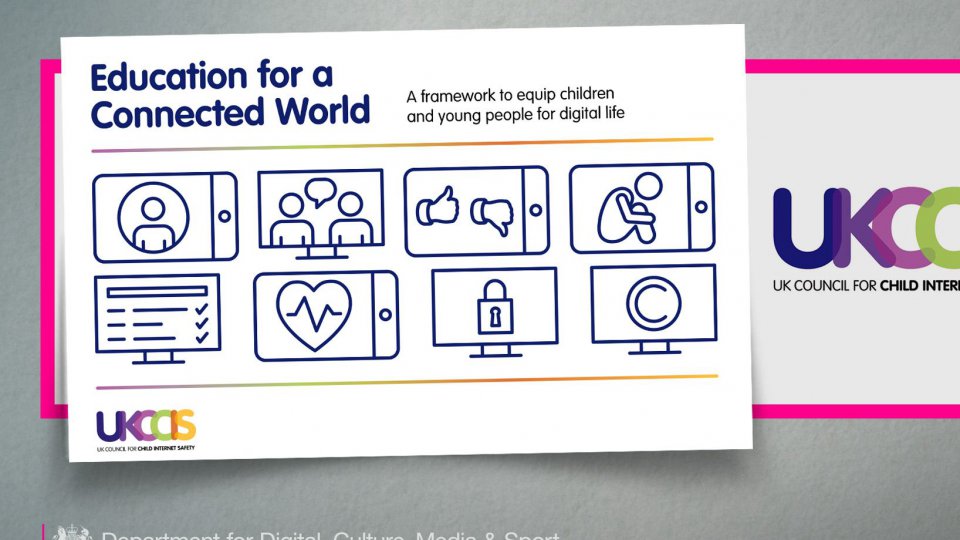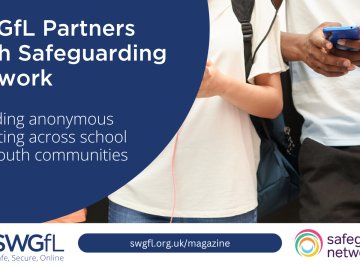The old argument goes: “Technology changes so fast that we can’t keep pace with it enough to successfully influence children’s online behaviour. They know so much more about it than us and we have a lot to learn. “
Well whilst it’s true that technology rapidly shape shifts in front of our very eyes, human evolution and behaviour doesn’t. Certainly not enough in the eight or so years mobile technology has been around.
As educators, mentors, parents and adults, one of the things that we are not too bad at is supporting children’s development, knowledge and behaviour. We’ve done it for centuries through the careful crafting of educative programmes; trialling, reviewing, evaluating as we adapt to the ever changing demands of the world. The one area we haven’t really organised well is how we educate for those same things in this new environment we call “online”.
Whilst many organisations, including our own, have created a vast raft of resource to meet the issues as they develop, the whole landscape is confusing and disparate to those who need to draw on those resources relevant to the needs of the age-group they work with. We very often sing from different hymn-sheets aligned with our cause.
What if we pooled our collective knowledge about what we already know; from what research tells us; from the professional dialogue we have across organisations; from the issues we deal with on a daily basis; from the wider global dialogue on online behaviour? And what if we used that global audit to establish a set of expectations; a set of skills, knowledge and behaviours we would expect a child or young person to have that allows them to flourish in their use of technology?
Over the last eighteen months, SWGfL, with the UKCCIS Education Group, has begun the process of mapping those expectations against eight key areas of online behaviour in a framework that provides scope and sequence from very young children through to 18 year-olds.
It draws on the collective expertise of groups that include:
- Barnardo’s
- CEOP
- Childnet
- Department for Education
- Kent County Council
- London Grid for Learning
- NSPCC
- PSHE Association
- UK Safer Internet Centre
Published by the Department for Digital Culture Media and Sport (DCMS) and announced by the UK Prime Minister on Safer Internet Day 2018, this UK Council for Child Internet Safety (UKCCIS) framework has been designed to identify those opportunities for anyone shaping their teaching and approach in this area: schools; social care; police; health; youth organisations. It brings the current online technology landscape into one document and maps those opportunities against age/developmental stage.
Framework for Education for a Connected World
It has a relevance to all of us who want to create opportunities to have conversations that affect positive change. It is currently in consultation phase and we would love to know what you think.
Take part in the consultation survey
We think it is both challenging and relevant and hope it assists in creating online technology education that makes a difference.






